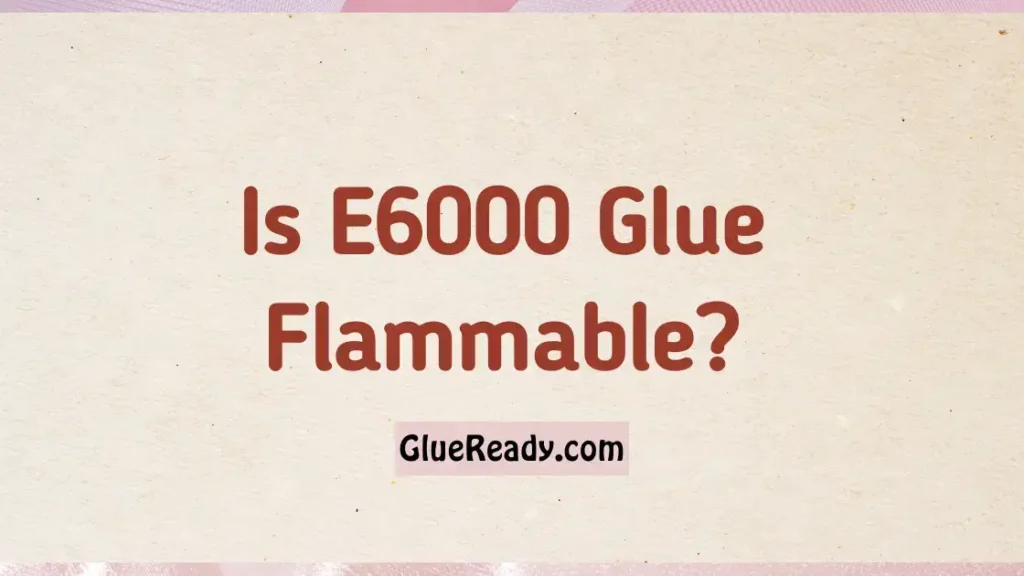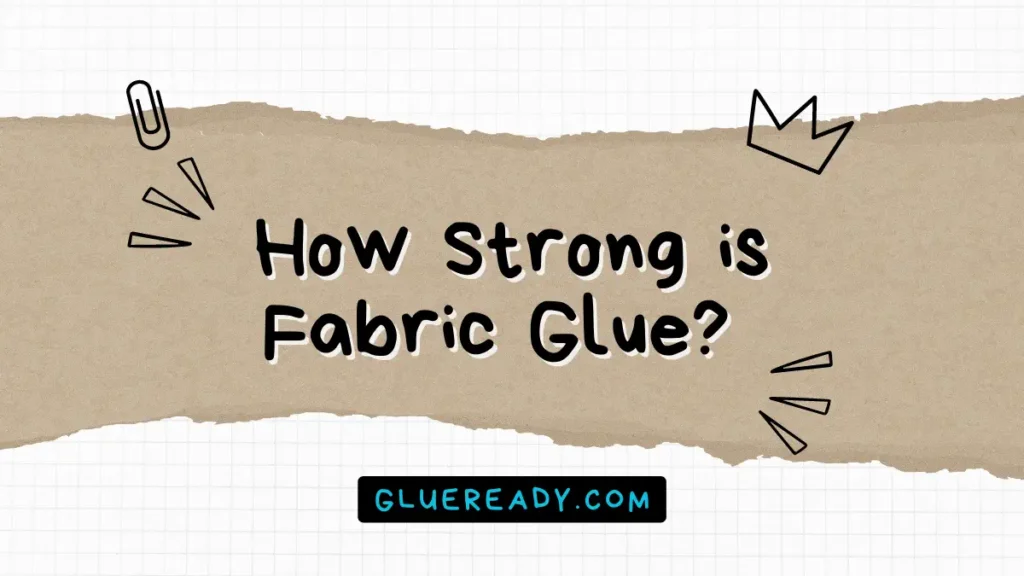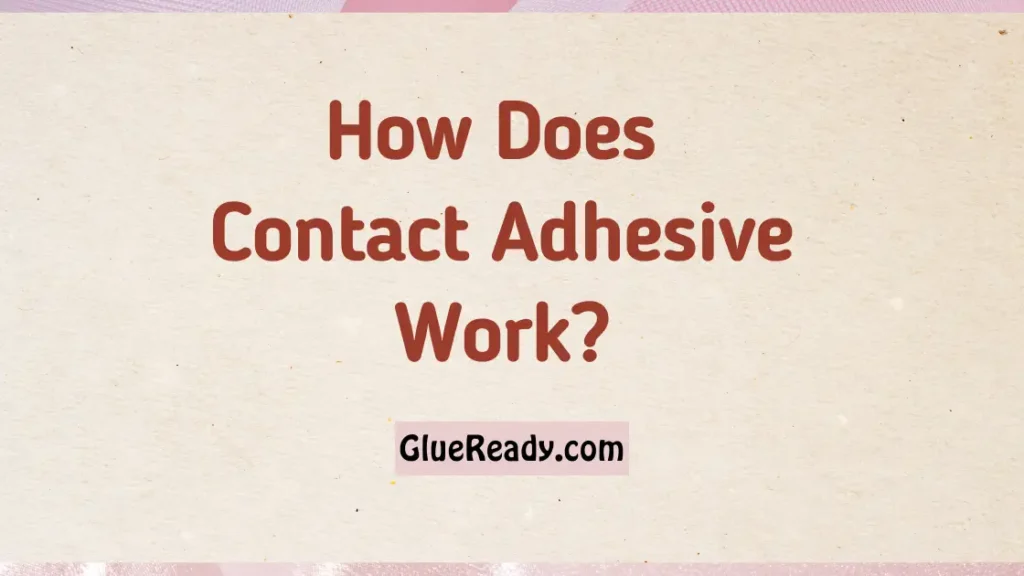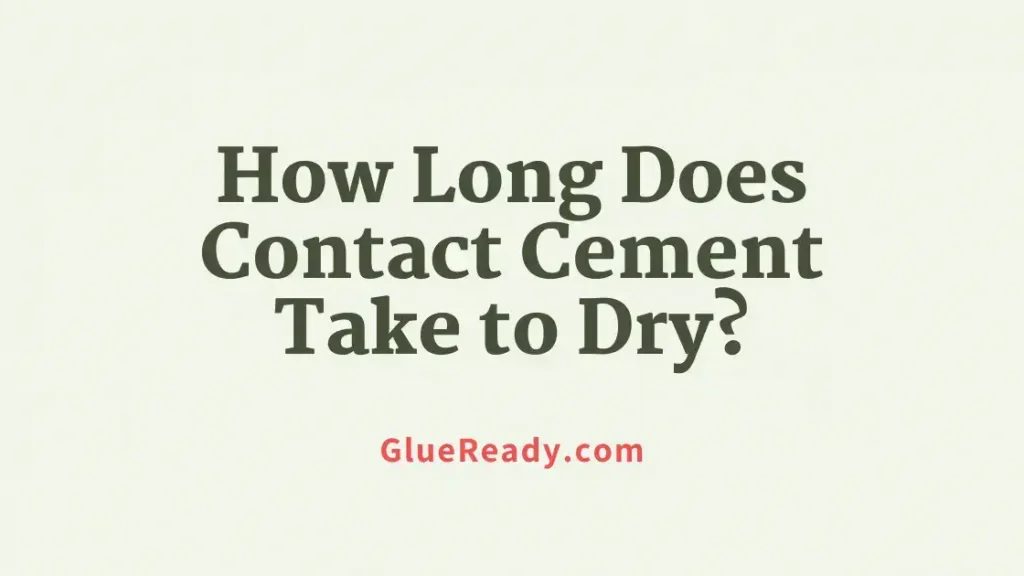Types of PVC Glue
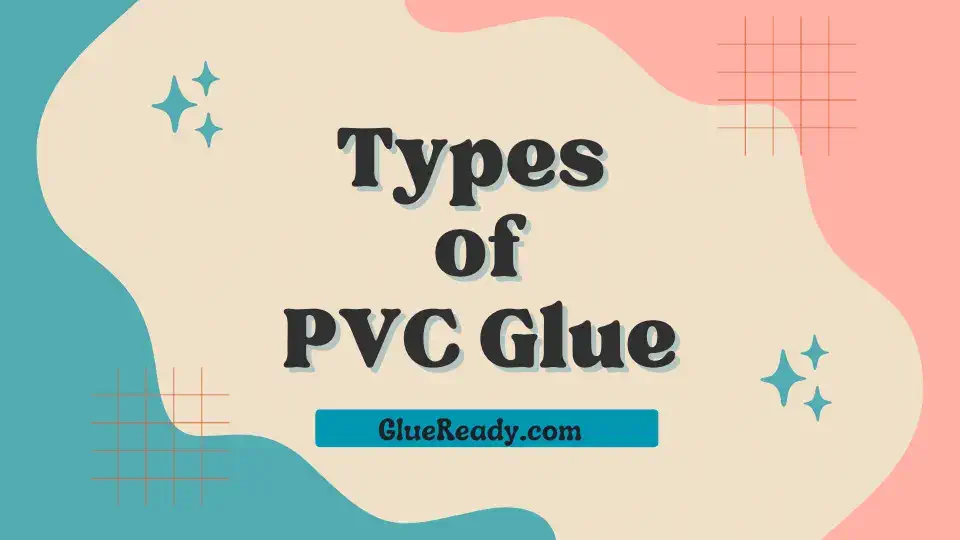
Polyvinyl chloride (PVC) glue, a versatile adhesive designed for bonding PVC pipes and fittings, is a critical component in plumbing and construction projects.
Selecting the right type of PVC glue ensures strong, secure, and long-lasting connections.
In this article, I will explore the various types of PVC glue available and provide insights into their applications.
Know More: PVC Glue vs PVC Cement
What is PVC Glue?
PVC glue is a type of adhesive that is used to join PVC pipes and fittings.
PVC stands for polyvinyl chloride, which is a plastic material that is widely used for plumbing, irrigation, and drainage systems.
PVC glue works by dissolving the surface layer of the PVC and creating a chemical bond between the two pieces. It is also known as PVC cement or solvent cement.
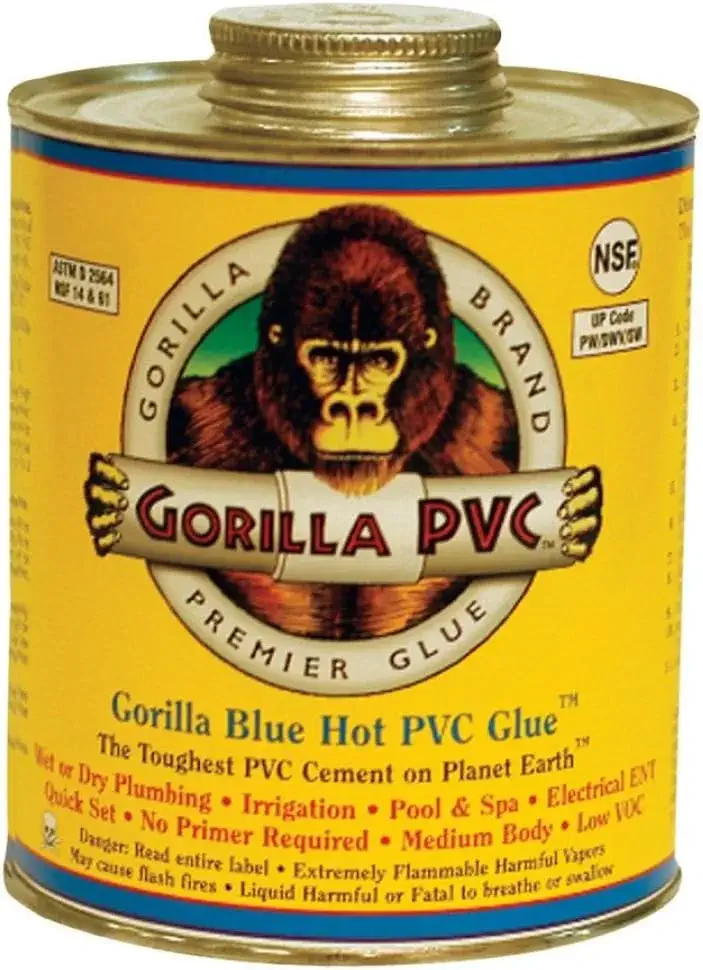
What Are the Different Types of PVC Glue?
The adhesive properties of PVC glue are paramount in maintaining leak-free systems and structural integrity.
Here’s a closer look at different types of PVC glue and their respective use cases:
Regular PVC Glue
Regular PVC glue, often referred to as the standard PVC adhesive, is a reliable choice for most non-pressure applications.
It creates a robust bond suitable for drainage systems, irrigation setups, and other scenarios where the pressure and temperature demands are moderate.
This type of glue is easy to work with and is an excellent option for basic plumbing tasks.
Heavy-Duty PVC Glue
When dealing with applications involving higher pressures, temperatures, or more demanding conditions, heavy-duty PVC glue comes to the forefront.
This adhesive offers a stronger and more durable bond, making it ideal for projects where the components are exposed to stress or extreme environmental factors.
Quick-Setting PVC Glue
Time is often of the essence in construction projects, and that’s where quick-setting PVC glue shines.
Also known as fast-setting or quick-drying glue, this type is formulated to accelerate the curing process, allowing joints to become functional in a shorter span.
It’s particularly useful when you need to move ahead rapidly with your project.
Clear PVC Glue
In scenarios where aesthetics matter, such as visible plumbing installations or artistic designs, clear PVC glue is the go-to choice.
Unlike traditional glues that leave a colored residue, clear PVC glue dries transparent, maintaining the visual appeal of the components while ensuring a secure connection.
Flexible PVC Glue
Flexible PVC pipes are employed when bending and movement are necessary.
To ensure joints that accommodate these flexibilities without compromising their strength, flexible PVC glue is used.
This type of glue maintains a powerful bond while allowing the pipes to move as required.
CPVC Glue
Chlorinated polyvinyl chloride (CPVC) pipes are designed to withstand higher temperatures and pressures than regular PVC.
Consequently, CPVC glue is formulated specifically for these applications.
It’s important to note that CPVC glue and regular PVC glue are not interchangeable due to the differences in material properties.
How to Choose the Right PVC Glue?
To choose the right type of PVC glue for your project, you need to consider several factors:
- The type of connection: slip or threaded
- The type of material: PVC, CPVC, CPVC CTS
- The size of the pipe: small (up to 2 inches), medium (up to 6 inches), large (up to 24 inches)
- The fit of the joint: tight, moderate, loose
- The code requirements: colored primer, NSF certified
- The desired outcome: permanent bond, adjustable seal
Based on these factors, you can select the appropriate type of PVC glue for your project.
Frequently Asked Questions (FAQs)
What Is PVC Type?
PVC comes in two broad categories: flexible and rigid. A flexible PVC material is formed when compatible plasticizers are added to PVC to reduce its crystallinity, while rigid PVC is a stiff and cost-effective plastic.
There are also other types of PVC, such as Chlorinated Polyvinyl Chloride (CPVC), Molecular Oriented PVC (PVC-O), and Modified PVC (PVC-M). Each type of PVC has its own advantages for different applications.
Is PVC Glue Safe for Water?
Yes, PVC glue is safe for water. PVC glue is highly resistant to water and other chemicals, making it suitable for use in a variety of applications, including plumbing, irrigation, and industrial processes.
What Type of PVC Glue for Electrical Conduit?
Electrical PVC conduits are joined using a specific type of glue called PVC solvent cement.
There is a twist-off cap on the cement can, similar to the material used for joining PVC plumbing pipes and fittings. An applicator sponge is attached to a wire stem on the cap.
What Type of PVC Glue for Pool Plumbing?
For pool plumbing, it’s recommended to use a heavy-duty PVC glue designed specifically for underwater and high-pressure applications.
This type of PVC glue ensures strong and reliable bonds that can withstand water pressure and exposure to pool chemicals.
Final Thoughts
In conclusion, selecting the right type of PVC glue is a critical decision that impacts the success and durability of your plumbing and construction projects.
Whether it’s regular PVC glue for standard applications, heavy-duty options for more demanding tasks, or specialized glues for flexible or high-temperature scenarios, understanding the nuances of each type empowers you to make informed choices and create secure, lasting connections.
I hope this article helps you understand the types of PVC glue and how to choose the right one for your project.

